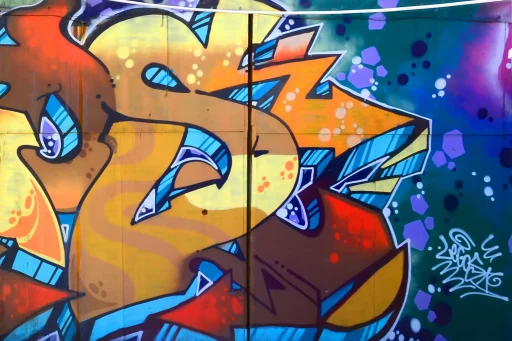Introduction to Bounce Slang
In the ever-evolving landscape of language, slang holds a special place as a mirror reflecting cultural shifts and societal trends. One such term that has gained traction in recent years is “bounce.” This versatile piece of slang can convey a variety of meanings depending on the context in which it is used. In this article, we will explore the origins of bounce slang, its meanings, examples of usage, and its relevance in today’s language.
The Origins of Bounce Slang
The term “bounce” has been part of English vernacular for decades, often associated with physical movement. It first gained popularity in the 1990s among urban youth, primarily within hip-hop culture. The term’s use has since expanded, encompassing a range of interpretations, from leaving a place quickly to expressing excitement or joy.
Meanings of Bounce Slang
While the term can be dynamically adapted, here are some of the most common meanings of bounce slang:
- To Leave: In many contexts, “to bounce” means to exit a venue or situation, often swiftly.
- Energy or Excitement: In a more positive context, it can refer to having a lively energy, as in bouncing with enthusiasm.
- To Reject or Dismiss: Bounce can also mean to reject an idea or proposal, as in “they bounced my suggestion.”
- To Travel: Another usage relates to socializing; for instance, “we’re bouncing over to the party down the street.”
Examples of Bounce in Everyday Language
Understanding how to effectively use bounce slang can elevate everyday conversations. Here are some practical scenarios:
- Social Gathering: “It’s getting late; I think I’m going to bounce from this party.”
- Sports and Energy: “The kids were bouncing around the room with excitement about the trip!”
- Business Conversations: “They bounced my idea back to me; they weren’t interested in pursuing it further.”
- Making Plans: “We should bounce to the arcade after this; it’ll be fun!”
Case Study: Bounce Slang in Popular Culture
Popular media plays a significant role in the evolution of slang. In the hit movie “Superbad,” the use of the word “bounce” was featured in a context where characters frequently discussed plans and changes in a light-hearted manner. This portrayal contributed to its visibility and acceptance among younger audiences.
Social media platforms like Twitter and TikTok have continued to spread the usage of bounce slang. Viral challenges and trends across these platforms frequently incorporate phrases like “bounce back” or simply “bounce!” as ways to encourage positivity and resilience.
Statistics on Slang Usage
Research by the Linguistic Society of America shows that slang words have a lifespan of about 5 to 10 years, depending on trends and cultural shifts. A 2019 study indicated that over 60% of people aged 18-24 use slang in their daily conversations. Furthermore, slang evolves rapidly, with 86% of millennials and Gen Z admitting to incorporating new words or phrases into everyday language.
Conclusion: The Future of Bounce Slang
As language continues to evolve, so too will the meanings and implications behind slang terms like bounce. Understanding these nuances will aid communication and provide insight into cultural trends. Whether you bounce from a conversation, bounce into a party, or simply keep your spirits high, the term is a lively example of how language adapts and grows with society.






